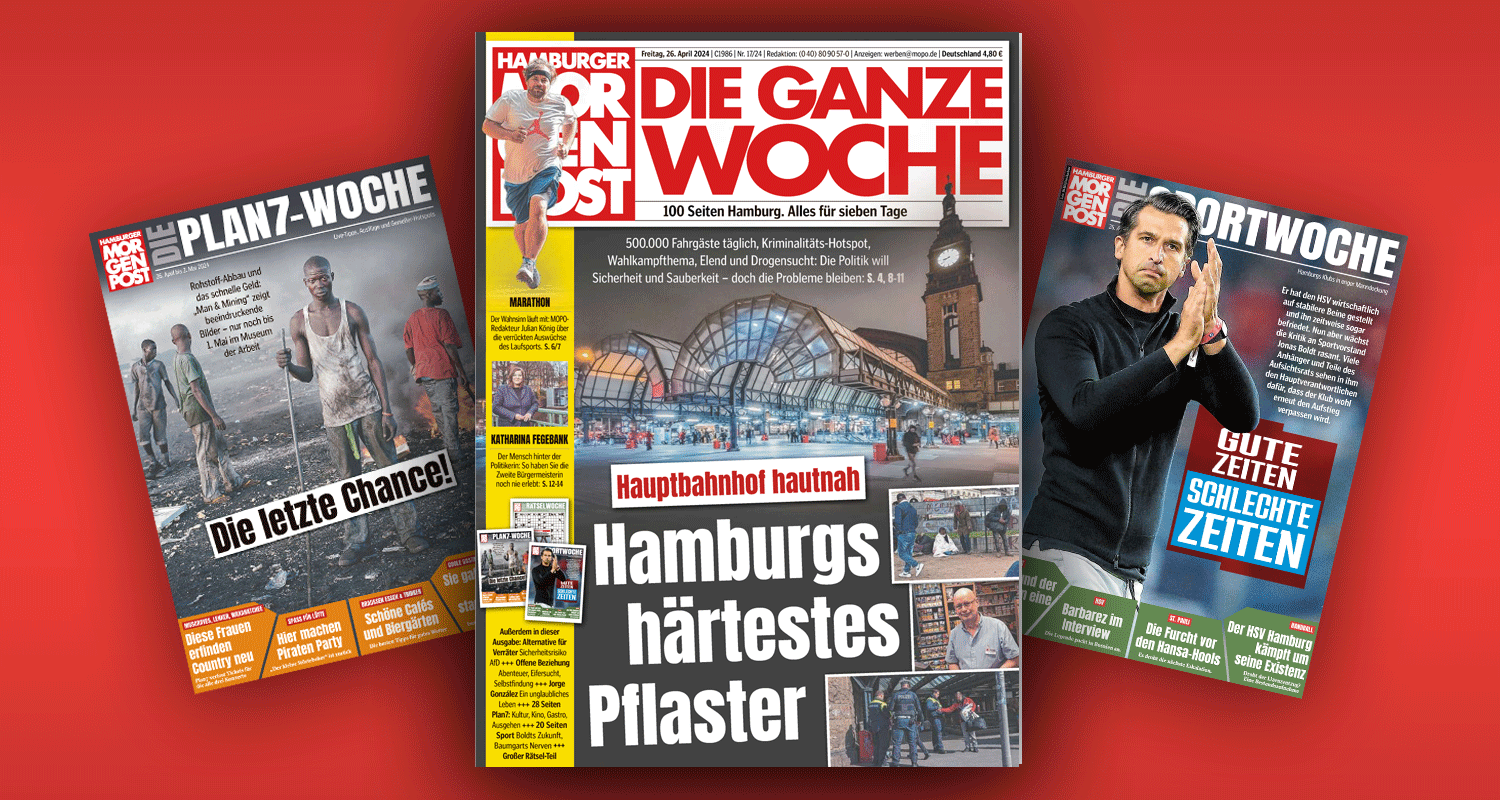Securing a stable work-life balance motivates Romanian employees as much as salaries do, according to the 2024 edition of the Workmonitor study conducted by the human resources company Randstad Romania. The same source revealed that Romanian talents prioritise equity, flexibility, and work-life balance as career progression takes a back seat.
When it comes to the most important factors for the Romanian workforce, as far as a workplace (present or future) is concerned, work-life balance and pay (96% in Romania vs 93% global) take the top spot.
Job security – 93% (89% global) comes next, followed by mental health support – 88% (83% global), annual leave days – 87% (83% global), health insurance/healthcare benefits – 87% (78% global), and working hours flexibility – 84% (81% global).
However, the research indicates that “not wanting career progression does not mean employees have no interest in self-improvement. Skilling opportunities are non-negotiable for talent, with over a third saying they would not accept a job that did not offer training to future-proof their skills.”
Meanwhile, artificial intelligence/AI has disrupted previous notions of what employees are most interested in learning, and now the technology takes a pole position. Thus, when it comes to learning and development opportunities, IT and tech literacy – 43% (29% global) tops the list, followed by communication and presentation skills – 34% (22% global), creative and analytical thinking – 24% (15% global), AI – 22% (29% global), management and leadership skills – 22% (21% global), and wellbeing and mindfulness – 21% (23% global).
At the same time, according to the Randstad Romania Workmonitor 2024, the return-to-office debate is set to continue this year.
Over two-thirds (74%) of employees have made arrangements in their lives, such as moving to a new house or getting a pet, based on the assumption that working from home is here to stay. Roughly 38% would consider quitting their job if their employer asked them to spend more time in the office, and 40% say that working from home is non-negotiable.
However, on the other hand, 39% have been requesting to come to the office more frequently now than they did six months ago.
When it comes to the most important aspects Romanians would plead for in a potential or current employer’s equity and diversity initiative or policy, gender pay equity – 72% (65% global) is at the top of the list. The top 5 is completed by family leave for all employees – 52% (45% global), diverse workforce – 48% (42% global), diverse backgrounds in leadership – 37% (37% global), and non-discrimination policies (on the website/in job ads) – 29% (30% global).
Regarding the generational gap, the survey revealed that only a quarter (25%) of workers feel like their generation is not understood, rising to 34% for Gen Z. Almost half (45%) said they have to hide aspects of themselves at work.
The Randstad Workmonitor was launched in 2003 and now covers 34 markets worldwide. The study includes Europe, Asia Pacific, and the Americas, and it is conducted online among people aged 18–67, employed for at least 24 hours per week (minimum 90%) or sole trader or unemployed but considering looking for a job in the future. The present Romanian edition was conducted online among 500 employees aged 18–67 in October 2023.
irina.marica@romania-insider.com
(Photo source: Fizkes/Dreamstime.com)





